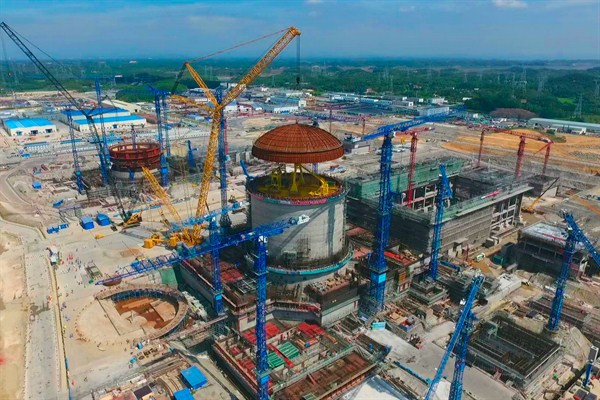China’s voracious appetite for new nuclear power plants has helped to slow the decline in recent years of an ailing nuclear energy industry long dominated by the United States and Europe. From a late and inauspicious start in the 1990s, China’s nuclear fleet has risen to become the world’s third largest. According to Chinese government projections, within the next decade China may surpass the United States as the world’s leading nuclear energy producer.
Despite that growth, though, China is increasingly viewed less as the salvation of the Western nuclear power industry, and more as a competitive threat. Chinese companies have been eyeing export opportunities from Argentina to Saudi Arabia and from the United Kingdom to Romania. Nuclear energy officials in Japan, South Korea, France and the United States fear that China’s state-owned nuclear companies are taking advantage of the same kind of government policies and commercial practices—from protectionism and subsidies to espionage and intellectual property theft—that they believe have helped China to dominate other industrial sectors.
Moreover, the risks extend beyond losing market share. The United States recently imposed new restrictions on commercial trade with China for fear that ostensibly commercial exports to China were being redirected for military ends. Should China emerge as a major nuclear energy exporter, it might threaten U.S. attempts to uphold strong nuclear nonproliferation and safety standards, as well as U.S. strategic ties with some key countries.

